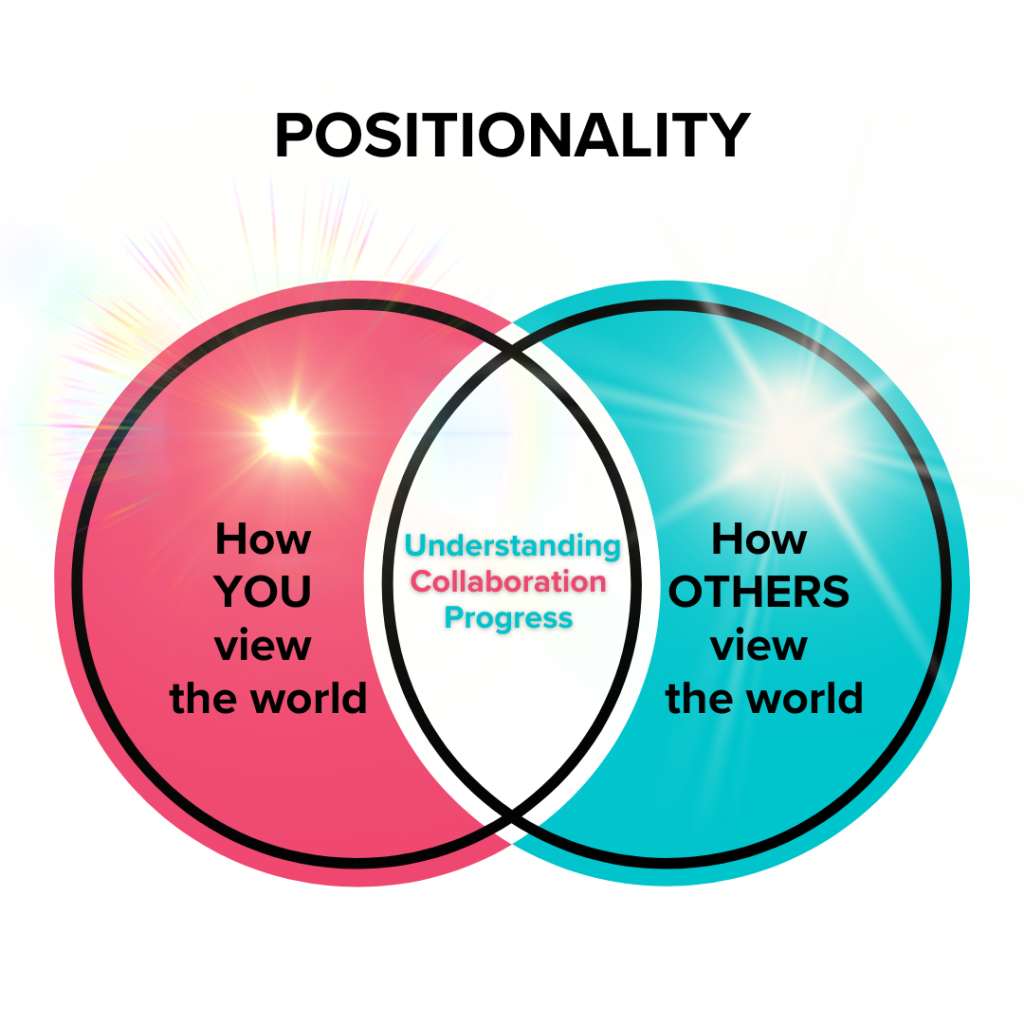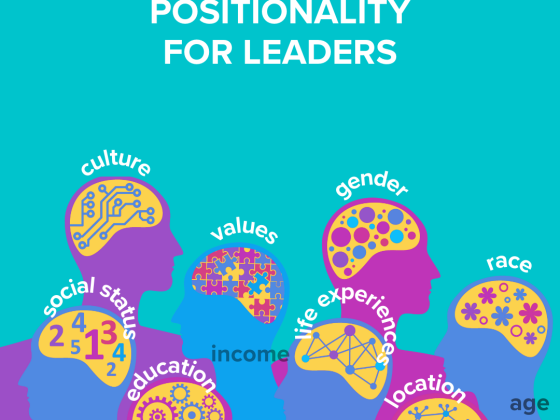Positionality is a big word for how we engage with others based on our individual experiences. Whether we’re navigating through daily interactions on the streets or leading a team at work, comprehending positionality is crucial for effective communication and being truly understood.
At its core, positionality refers to how our background and social context influence our perspectives on the world. It encompasses factors such as our social status, values, location, gender identity, race, and positions of power – all of which play a role in shaping how we see the world.
We each come from diverse backgrounds, cultures, and neighborhoods, which means our experiences differ significantly. It’s important to acknowledge and respect each other’s positionality, understanding and embracing the unique differences and similarities among us. We all have our families, traditions, education, and life experiences, and as leaders, these aspects greatly influence how we serve others.
Being aware of our own backgrounds and recognizing the diversity in culture and upbringing goes a long way in how we present ourselves and communicate with others. As leaders, our effectiveness in different communities depends on understanding the specific needs and preferences of those we serve. For example, many New Yorkers have a fast-paced spirit and to the point whereas many Charlotteans are more easygoing and may not take well to people who are get-to-the-point people. It takes understanding to fit in and make progress with your community. What might work well in one city might not resonate with another, and adapting our approach accordingly is essential for making progress.
Listening attentively and being mindful of how we interact with others can significantly impact how we are perceived as leaders and how we perceive those around us. Taking the time to get to know the people in our community and workspace is important, as they can teach us valuable insights while we share our own experiences with them. By fostering mutual understanding, we can collaborate in ways we might never have imagined possible.
In my next article, I’ll delve into how positionality influences us as leaders in our careers, drawing from my own experiences in equity work. But for now, I encourage you to reflect on your own positionality and how it intersects with the lives of others. What changes would you make? What can you learn from others? After all, each of us has a unique story to share, and embracing those stories can lead to greater empathy and cooperation.



